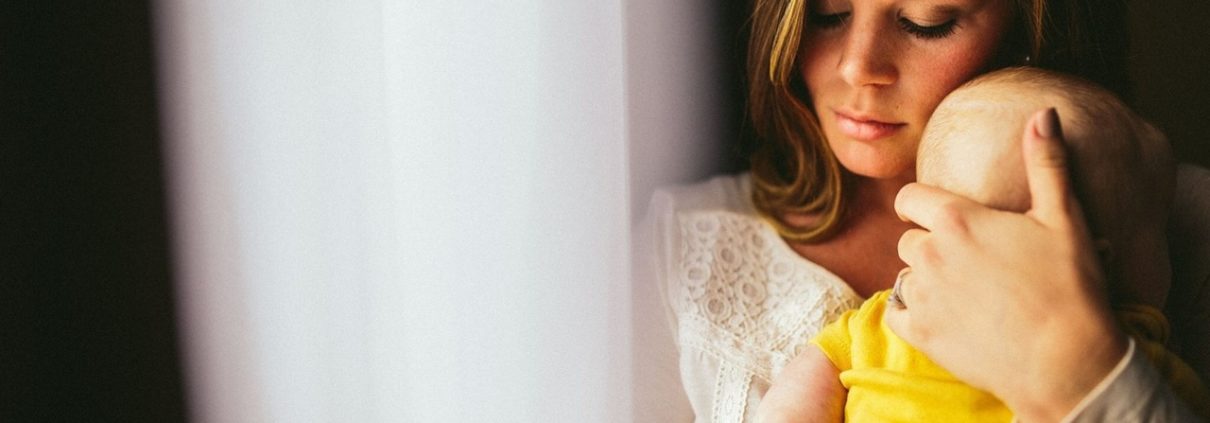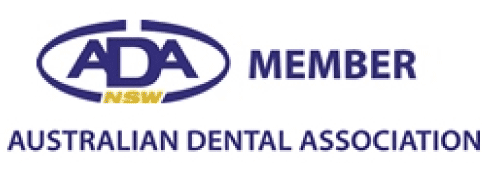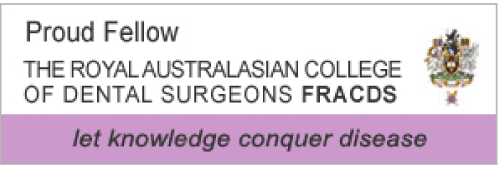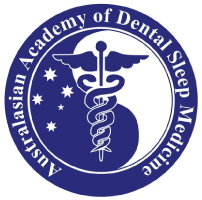Teething in babies. Myths vs Facts
Over the holidays my sons and I have been making many excursions by public transport. It was on one of the beautiful scenic rides on Sydney Ferries that I noticed a mum with a crying baby. The mum gave her baby a dose of Nurofen and responded to an enquiring fellow traveller that the baby is 6 months old and no, she is not sick but “teething”.
It has been a while since I mingled with new mums and I have somewhat forgotten the challenges involved in caring for a baby or a toddler. Thank goodness babies do grow up and tell us what’s really bothering them.
I want to dispel many myths related to children’s teething and share with you evidence-based facts on how to manage teething. Is it really painful? Do we need to medicate them?
Myth: Teething in babies is painful
Unlike some impacted wisdom teeth in adulthood, teething or emergence of baby teeth do not cause pain.
Myth: Teething causes diarrhoea
Teething does not cause diarrhoea. Look for other causes of illness, see your doctor.
Myth: Teething causes fever
Baby teeth begin to emerge through the gums from 6 to 10 months of age. Babies may have episodes of elevated body temperature during this period due to immunisations, being overdressed, crying or an infection such as a cold.
Teething may raise the body temperature ever so slightly on the day before and on the actual day the tooth comes through the gum. High temperatures over 39 degrees Celsius are not due to teething. Look for other causes of illness or see your doctor.
Myth: Teething causes loss of appetite, runny nose, coughing or vomiting
Teething does not cause any of these serious symptoms. If the baby/toddler is looking sick and not behaving themselves, look for causes other than teething. Don’t dismiss serious symptoms of an illness to teething. See your doctor.
Myth: Teething causes drooling and irritability
Babies learn to swallow at around age 1. Babies may appear irritable and restless due to many things such as; learning to sleep, learning the difference between day and night or maybe even reflux.
Myth: Teething causes sucking fingers or gnawing on toys
Babies are learning about the world by exploring through senses. They learn initially by feeling the objects with their sensitive mouths.
Fact: The Truth about Teething
Teething is a natural process and the emergence of new teeth should occur without gum infection or irritation. Teething is usually a non-event. Often the new teeth in the baby’s mouth take us by surprise. Getting into the routine of cleaning the gums even before teething and especially after the arrival of new teeth is wise. If the baby/toddler seems irritable and uncomfortable during the teething period, offer clean washers or teething rings for chewing and enjoyment. If you see the gums around the new teeth with signs of infection such as bleeding and swelling (very rare) see your dentist. Use of medication (analgesics to relieve pain) or oral gels (topical anaesthetic) over the gums is not warranted. Seek professional medical or dental advice first.
My final thought on the use of over- the-counter pain/fever relievers
Fever is a sign of our immune system fighting off an infection or virus. Increasing the body temperature makes it less favourable for replication of the viruses and bacteria which are temperature sensitive.
Reducing fever by medication is not a cure for the illness. Medication is useful for managing pain. Reducing fever just for the sake of keeping the temperature low may increase the duration of the illness.
Instead of worrying about the numbers on the thermometer, watch the child. If the child is relatively happy and not bothered, no medication is required. Plenty of fluid, rest and good sleep are the best remedy for colds.
If the child is struggling, pain/fever relievers are warranted. Pain/fever relievers are also useful before a meal and bedtime.
With babies or young children, seek medical advice for high fevers above 39 degrees Celsius.
As with my view on the use of antibiotics, I believe pain/fever relievers should be used sparingly.
References and further reading:
Challenging parents’ myths regarding their children’s teething.
Int J Dent Hyg. 2010 Feb;8(1):28-34. doi: 10.1111/j.1601-5037.2009.00412.x.
Symptoms associated with infant teething: a prospective study.
Pediatrics. 2000 Apr;105(4 Pt 1):747-52.
Parent beliefs about infant teething: a survey of Australian parents.
J Paediatr Child Health. 1999 Oct;35(5):446-9.







